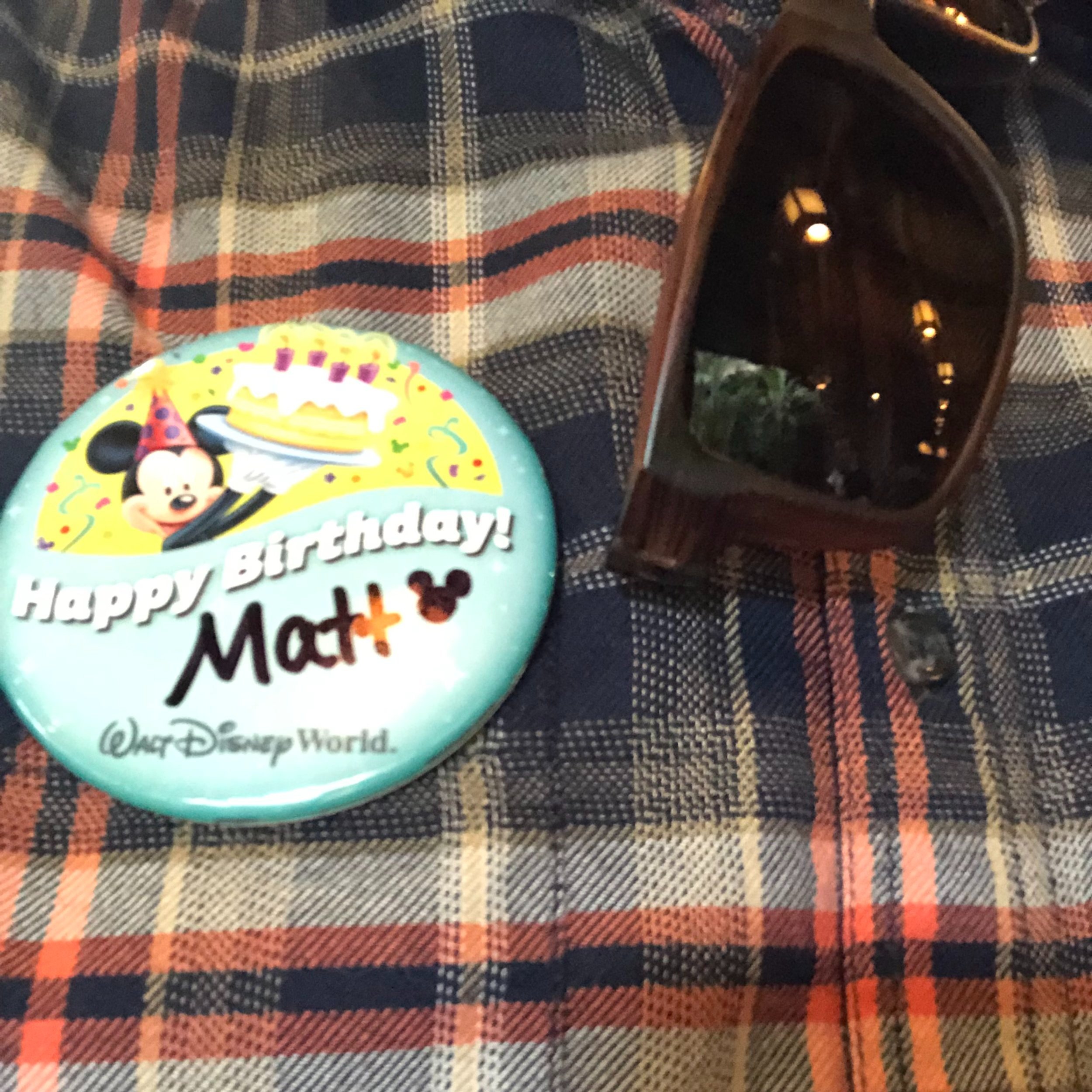What it takes to earn two or three Michelin stars (and why Orlando isn’t there yet).
As of now, Orlando has only received one-star distinctions and one Green Star (for sustainability), but no two- or three-star awards. To understand what it takes to break into that upper echelon, we need to unpack the Michelin criteria and compare Orlando’s strengths and challenges against more decorated cities.
Michelin’s official criteria are:
Quality of ingredients
Mastery of flavor and cooking techniques
The personality of the chef in the cuisine
Value for money
Consistency between visits
🌟🌟
For two stars, inspectors look for:
“Excellent cooking, worth a detour”
🌟🌟🌟
And for three stars:
“Exceptional cuisine, worth a special journey”
What separates a one-star from two or three?
Culinary identity: A clear, unique perspective that goes beyond technique and becomes artistry. Think of it as a chef who’s authoring cuisine, not just executing dishes.
World-class service and ambiance: These may not be explicit Michelin criteria, but they are deeply weighted in practice at the upper levels.
Absolute consistency: No off nights. Every dish, every detail, every time.
The Ette Hotel received a Michelin Key for providing guests with a memorable experience beyond just accommodation and dining.
Why Other Cities Get Two and Three Stars—and Orlando Doesn’t (Yet)
Cities like New York, San Francisco, Chicago, and even Miami have multiple-starred restaurants because of a few shared characteristics:
🖼️ Dining as Art, Not Luxury
Chefs like Daniel Humm (Eleven Madison Park) or Corey Lee (Benu) create experiences that are conceptual, progressive, and deeply personal. They serve food that tells a story or challenges expectation. That’s where the stars lie.
Orlando’s Challenge: While there is a strong cadre of local chefs who express unique voices, the city is still largely perceived—rightly or wrongly—as a hospitality-first, tourist-oriented dining scene, not an avant-garde food destination.
🍷 Investment in Full-Experience Restaurants
Two- and three-star restaurants typically have incredible front-of-house programs—wine cellars with verticals, custom ceramicware, perfectly choreographed service, and immersive décor. It’s a temple to gastronomy.
Orlando’s Challenge: Even its best restaurants often operate with smaller budgets, tighter margins, and the looming influence of resort casual dining.
🌎 Cultural Capital & Culinary Tourism
Cities like Copenhagen, Tokyo, or San Sebastián draw international gastro-tourists. This buzz supports experimentation, risk-taking, and creative ambition.
Orlando’s Challenge: Tourists often spend on nostalgia or convenience—character meals, steakhouse chains, or family-friendly fare—rather than seeking out cutting-edge gastronomy. The local diner base is growing, but still catching up.
Guilty of a few character breakfasts…
What Orlando Can Do to Cross the Threshold
🎨 Champion True Auteur Cuisine
Support chefs who invent, not just replicate. Encourage local investors and patrons to back chefs with vision—not just “hits.”
🎑 Create Gastronomic Destinations, Not Just Great Meals
A two- or three-star restaurant is about the entire experience. That might mean moving away from strip malls or hotel lobbies into immersive, transportive spaces.
🍾 Raise the Bar on Beverage Programs
Michelin loves restaurants with serious wine, sake*, and non-alcoholic pairing programs. Many Orlando spots lag behind other metro areas in this department.
* Ben Coutts at Soseki transcends the popular notions of beverage pairings with his sake program.
🍊 Promote an Orlando Food Identity
Think of how Charleston celebrates Lowcountry cuisine or how Napa centers around wine country terroir or the French, Caribbean, African, and Spanish influence in Creole cooking. Orlando has a strong culinary scene that is tied to sustainability, tropical bounty, and its diverse population.
The difficulty in promoting Orlando as a culinary destination (which it ABSOLUTELY is) lies in the lack of a singular identity. But this is not some theme park version of LA or Portland. The food culture in Orlando is fluid and ever-evolving and draws heavily on Asia and the Pacific Islands, Latin America, the Caribbean (I feel like people tried to make Floribbean a thing once), and Middle Eastern cultures, all while retaining Southern roots. It even stands out among other cities in Florida as unique. Orlando is an Equatorial Cuisine mecca.
If your restaurant is in need of a beverage program upgrade that retains profitability and the quality your guests expect, or if you just want to know more about the world of wine, reach out.




